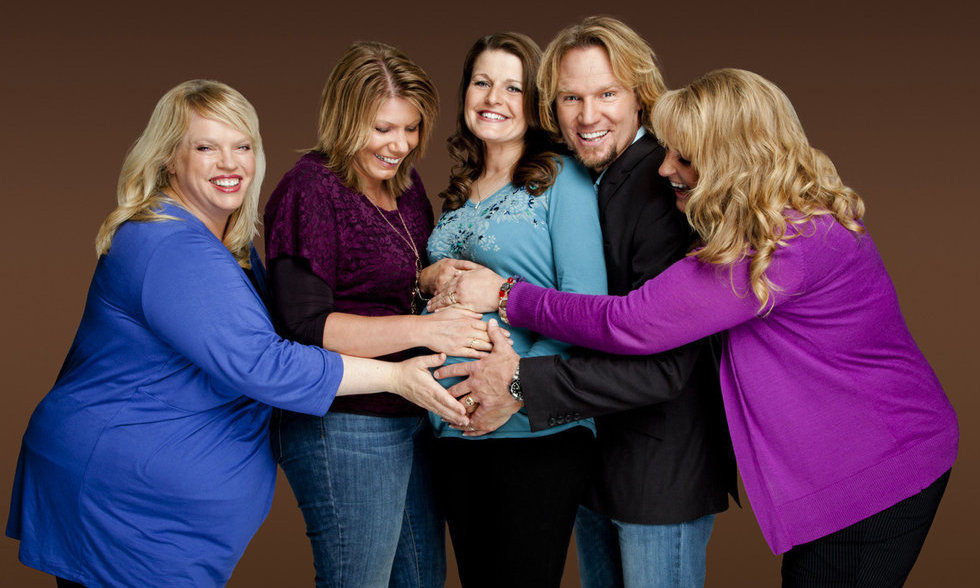Last night, I kept seeing a news story pop up in my social media feeds: “Federal Court Strikes Down Criminalization of Polygamy In Utah.”
The family that brought the suit is the Brown family, of the reality tv show Sister Wives. Kody Brown, his four wives, and their seventeen children had moved away from Utah after they went public, to avoid prosecution. I assumed, naturally enough, that this might mean that plural marriage was now legal in Utah (or at least legal pending appeal). But the actual ruling is a little duller and picayune than that.
The Brown family was accused of bigamy, and it was part of Utah § 76-7-101, the relevant law, that was ruled unconstitutional. It defines bigamy as follows:
(1) A person is guilty of bigamy when, knowing he has a husband or wife or knowing the other person has a husband or wife, the person purports to marry another person or cohabits with another person.
(2) Bigamy is a felony of the third degree.
(3) It shall be a defense to bigamy that the accused reasonably believed he and the other person were legally eligible to remarry.
Judge Clark Wadooups struck the “or cohabits with another person” line as unconstitutional. So, the mere fact that Brown was living with sister wives was not sufficient to make him guilty of bigamy. And as for the “purports to marry” test, Wadooups quoted another ruling and concluded that the state only has an interest in regulating people who purport to be married by the State, not by a church.
This interest focuses on preventing the harm caused to the state, to society, and to defrauded individuals when someone purports to have entered the legal status of marriage, but in fact is not eligible to validly enter that status because of a prior legal union. This interest is simply not implicated here, where no claim to the legal status of marriage has been made.
So, Brown can purport to be married to as many people he likes on, say, Facebook, as long as he doesn’t imply he has more than one legally recognized marriage or try to claim benefits or tax breaks from one of his marriages in name only.
This seems like reasonable enough jurisprudence to me. Arguably (but not definitively) Lawrence v. Texas pretty much did for adultery laws, and the cohabitation prong of the bigamy law seems like it’s of that type. (Though, technically, it criminalized a housing arrangement instead of a sex act). But, at any rate, people have as much right to say they’re married to multiple people as to a bridge.
Different sects and religions can conduct marriages that are not legally recognized, and the question of whether they should is distinct from whether they’re criminal.













